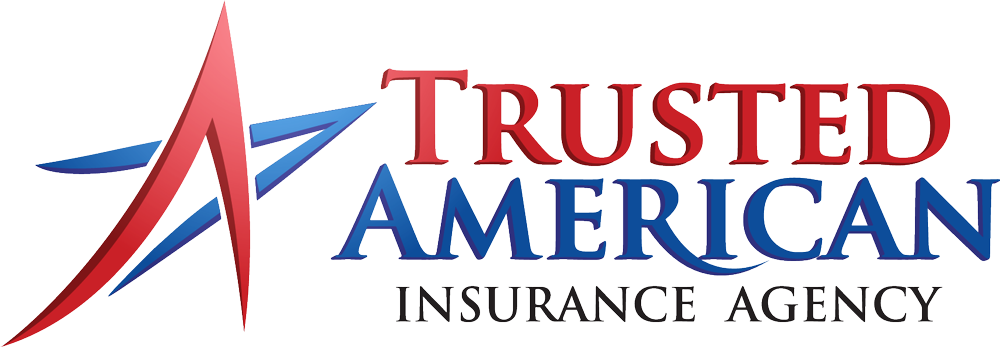A General Agent (GA) is an insurance agent that has recruited agents to work under them and will provide some additional support like training.
An MGA (Managing General Agent) is a GA but with underwriting capabilities.
An FMO (Field Marketing Organization) supports independent agents and/or agencies by offering insurance products from top carriers with top-level commissions. They can also provide robust services for agents like back-office support, access to technology, training and more.
An IMO (Insurance Marketing Organization) is like an FMO, but smaller in size and, therefore, offers slightly fewer resources for agents.
An NMO (National Marketing Organization) is just another term for FMO/IMO. The hierarchy looks like this:
Agents
GA
MGA
IMO/NMO
FMO/NMO
